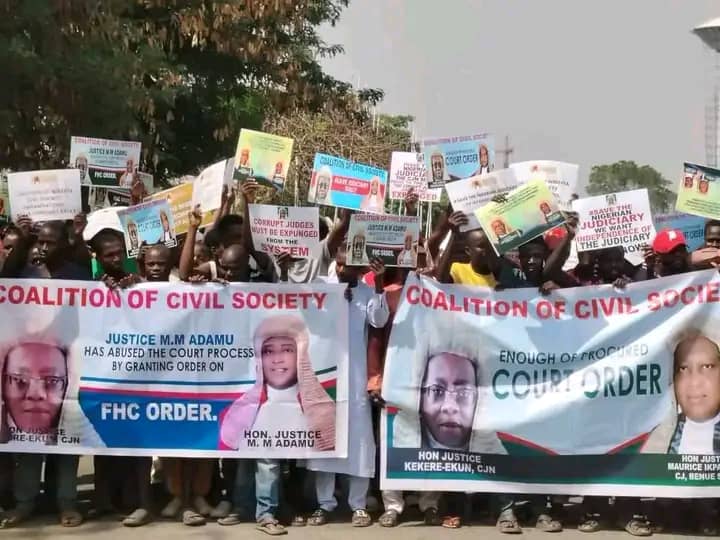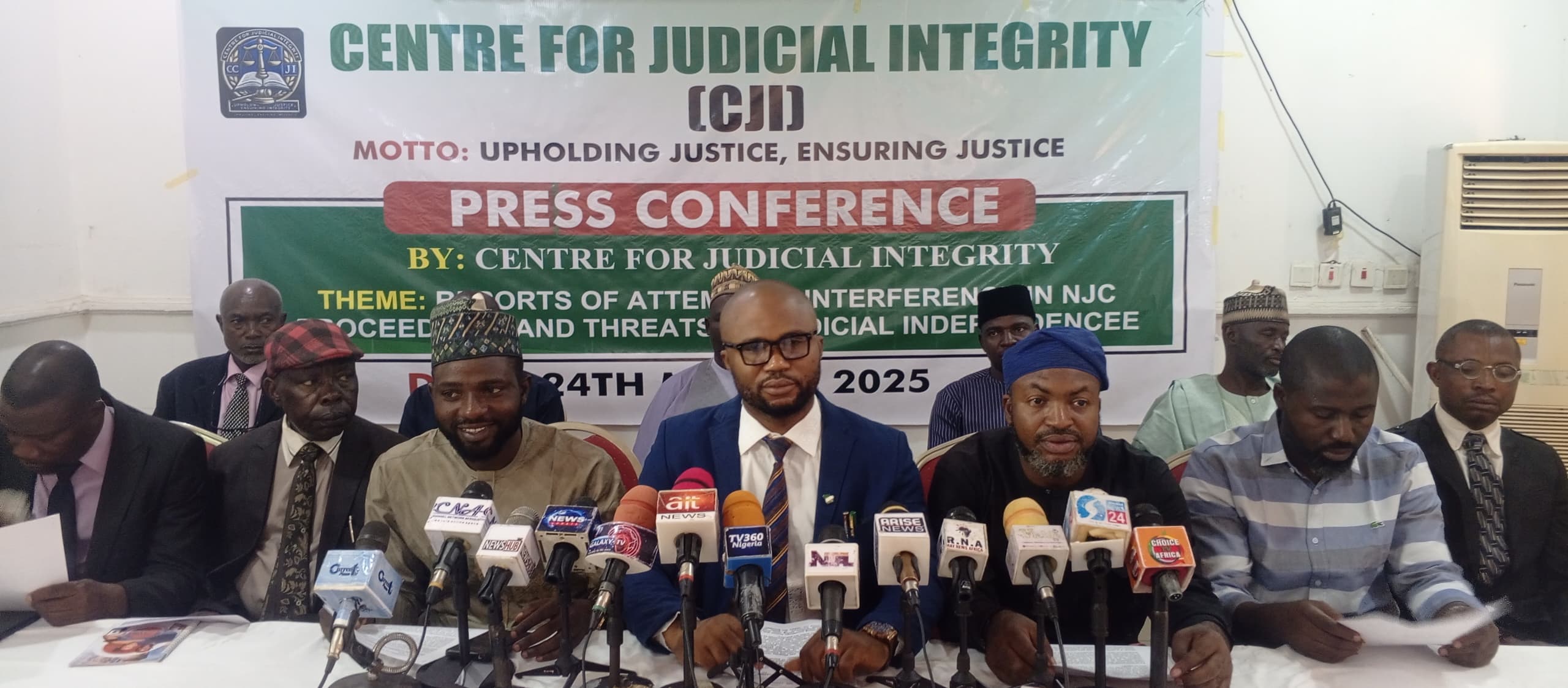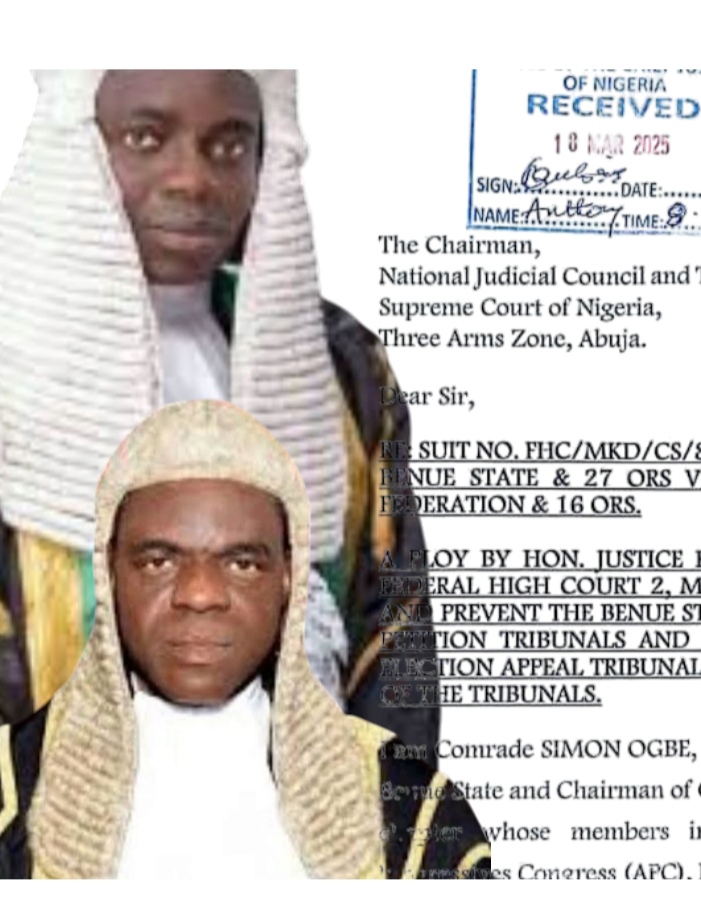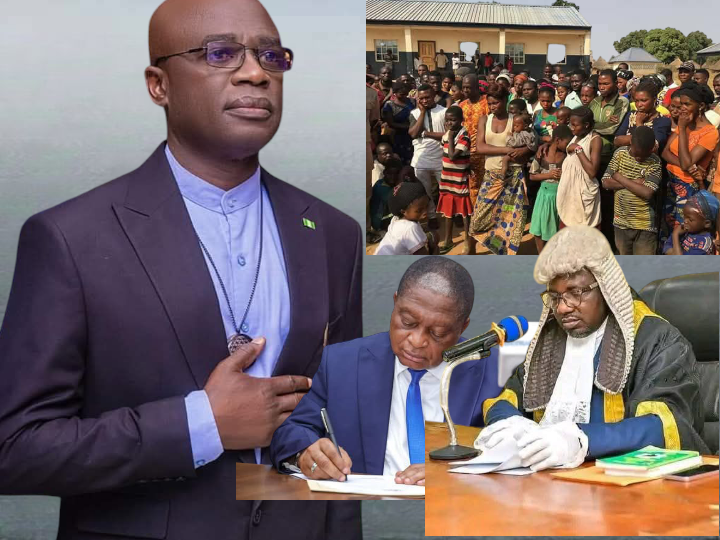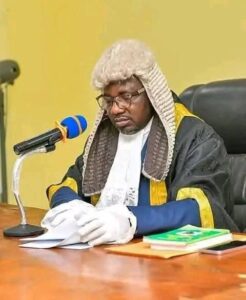*Accusations of Nepotism Against Justice Tsoho Emerge
By Oklogo Jerry
The Coalition of Registered Political Parties (CRPP) in Benue State under the leadership of Comrade Simon Ogbe has formally petitioned Justice Raphael Joshua Egbe of the Federal High Court, Makurdi Division, over what it perceives as an egregious abuse of judicial office, overt bias, and a blatant attempt to obstruct the course of justice.
It will be recalled that on March 7, 2025, Justice Egbe issued a restraining order barring the Benue State Local Government Election Petition Tribunal, the Chief Judge of Benue State, the Nigeria Police, and the Nigerian Bar Association, among others, from providing security, venue, or conducting proceedings anywhere outside of Benue State.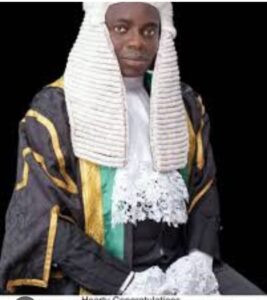
This unprecedented decision, sought and obtained through an ex parte motion filed by the Attorney General of Benue State, the Governor of Benue State, the Benue State Independent Electoral Commission (BSIEC), and the 23 local government chairmen—whose mandates are under legal challenge—has raised fundamental questions about judicial impartiality and the integrity of the judiciary in election-related matters.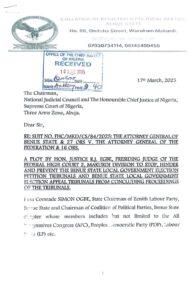
A senior member of the Coalition of Registered Political Parties (CRPP), who spoke anonymously, decried Justice Egbe’s ruling as a direct assault on the pursuit of justice. He stated:
“It is unheard of for a judge to issue a restraining order effectively halting a tribunal that is time-bound by law. This is not just an anomaly; it is a calculated subversion of the justice system. By issuing an order that stalls the tribunal and prevents petitioners from accessing justice, Justice Egbe has demonstrated clear bias. The Supreme Court of Nigeria has established legal precedents barring courts from granting orders that interfere with the statutory functions of election tribunals. Yet, Justice Egbe has disregarded this principle and acted in a manner that undermines the sanctity of our electoral process.”
He further questioned the rationale behind issuing a 20-day restraining order within the 180-day lifespan of the tribunal, emphasizing that such a move is not only impractical but also a willful obstruction of due process.
“We have lodged a petition with the National Judicial Council (NJC). A judge like Justice Egbe, who appears to have turned the courtroom into a political battleground, should not preside over any legal matter. The judiciary is the last hope of the common man and must not be weaponized against litigants and petitioners. He must be held accountable for his actions and, if necessary, made an example of to preserve the integrity of the judicial system.”
Beyond Justice Egbe’s controversial order, concerns have also been raised about Hon. Justice John Terhemba Tsoho, the Chief Judge of the Federal High Court, who hails from Vandeikya Local Government Area—the same LGA as Governor Hyacinth Alia. There is growing suspicion that his LGA affiliations may have influenced the judicial maneuvers aimed at frustrating the tribunal’s proceedings. A senior lawyer, who also requested anonymity, lamented: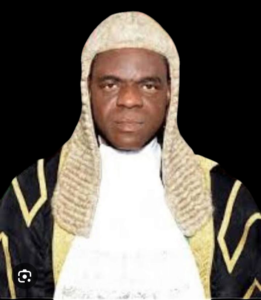
“Justice is meant to be blind, yet we are witnessing a dangerous pattern where judicial decisions appear to serve the interests of those in power rather than the rule of law. The connection between Justice Tsoho and the Governor of Benue State raises concerns of nepotism and political interference. If left unchecked, this trend could spell disaster for the independence of our judiciary.”
The legal community has also expressed outrage over the judge’s apparent indifference to the plight of his fellow justices, who, were violently attacked by thugs wielding dangerous weapons, locked up for several hours, leaving many of them traumatized. Despite being fully aware of this incident, Justice Egbe has now issued an order that emboldens the same forces responsible for such attacks on the judiciary, effectively legitimizing impunity.
Legal experts have further criticized Justice Egbe for flouting NJC directives, which had explicitly cautioned against granting frivolous orders, particularly in election-related matters that are time-sensitive.
Despite being reminded of this directive, Justice Egbe proceeded to grant an order with an adjournment to April 25, 2025, knowing fully well that by then, the 180-day statutory timeframe for tribunal matters would be almost exhausted. This move, legal analysts argue, is a deliberate attempt to render the tribunal’s work null and void.
“Even when his attention was drawn to the impracticality of his order under the principle of the rule of law as propounded by A.V. Dicey, Justice Egbe chose to ignore it,” said a senior constitutional lawyer. “This demonstrates an intent to politicize the judiciary rather than uphold its sanctity. Such actions embolden unscrupulous politicians who leverage judicial technicalities to subvert democracy and perpetuate authoritarianism.”
The judiciary, as the last hope of the common man, must protect Nigeria’s nascent democracy rather than enable its destruction. Judges must uphold their duty to ensure that democracy functions within the framework of our statutory laws.
Even President Bola Ahmed Tinubu, in a recent address, underscored the primacy of the rule of law, stating that his own attainment of the presidency was anchored on legal integrity. He further admonished all public officials to respect the rule of law and the Nigerian Constitution.
Judges have a solemn duty to safeguard democracy, not to sabotage it. By issuing orders that undermine the electoral process, they erode public trust in the judiciary and create a dangerous precedent for the future. Justice Egbe’s ruling must be scrutinized and, if found to be in violation of judicial ethics, not only overturned but also sanctioned in the interest of justice and democratic stability.
The Coalition of Registered Political Parties in Benue State remains resolute in its demand for justice, accountability, and judicial neutrality. We call on the NJC, the Nigerian Bar Association, and civil society organizations to resist these attempts to subvert electoral justice. “We shall soon convene a press conference to further address this issue and mobilize public action against judicial partisanship”, CRPP stated.
